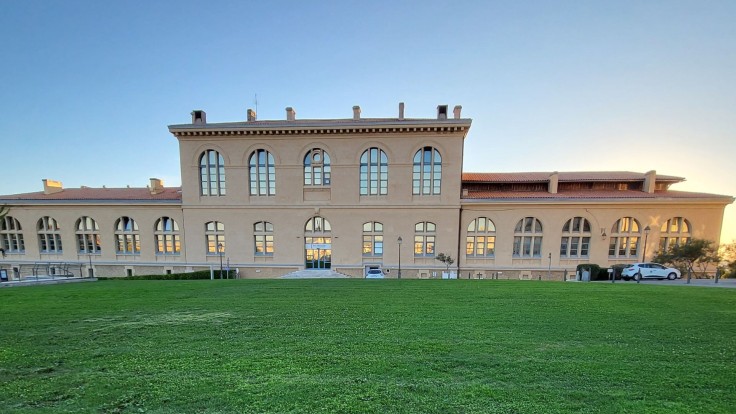French University's 'Scientific Asylum' Draws Nearly 300 US Academics Fleeing Trump's Crackdown
By
Aix-Marseille University in France has received nearly 300 applications from US-based academics seeking refuge through its Safe Place for Science program, launched to offer "scientific asylum" amid the Trump administration's sweeping crackdown on American higher education. The initiative, which provides three years of funding and access to cutting-edge facilities for up to 20 researchers, has attracted 298 applicants—242 deemed eligible—from prestigious institutions like Johns Hopkins, NASA, Columbia, Yale, and Stanford. The surge in interest underscores a growing brain drain as US researchers face funding freezes, executive orders, and ideological restrictions.
The Trump administration's policies, including $9 billion in federal research funding cuts and targeted freezes—such as $2.2 billion for Harvard and $510 million for Brown—have disrupted academic work nationwide. Restrictions on grants, bans on terms like "political" and "women" in research proposals, and the detention of foreign scholars like Columbia graduate Mahmoud Khalil have heightened fears. "This isn't chaos," wrote University College London professor Christina Pagel, describing the attacks as a deliberate effort to align science with state ideology, suppress dissent, and prioritize geopolitical goals.
Aix-Marseille's program, announced earlier this year, offers a lifeline with employment contracts, research budgets up to €300,000 ($326,000), and relocation support. The university, a major European research hub, aims to foster innovation and academic freedom. "We're seeing researchers from top-tier institutions desperate to continue their work," a university spokesperson told The Guardian, noting the program's overwhelming response within a month.
Former French President François Hollande has championed the cause, proposing a "scientific refugee" status in a bill tabled on April 14. The legislation would grant subsidiary protection to academics facing threats, streamlining asylum processes. "Academics, like journalists, should qualify for protection," Hollande argued, highlighting the inadequacy of current mechanisms for scientists under authoritarian regimes.
The applications reflect broader anxieties. Over 12,500 US Fulbright scholars abroad and 7,400 foreign scholars in the US have had funding paused, while universities have cut PhD admissions and imposed hiring freezes. Posts on X capture the sentiment, with users like@ShinyFluffdnd labeling it a "brain drain" and@ciaraquill noting the program's appeal amid US turmoil. The trend echoes historical precedents, like Operation Paperclip, which brought Nazi scientists to the US post-World War II.
Aix-Marseille's initiative may inspire other European universities, with Guardian columnist Alexander Hurst suggesting the EU could lure entire American campuses. As US academia grapples with uncertainty, France's offer signals a new front in the global competition for talent, challenging America's scientific dominance.
© 2025 University Herald, All rights reserved. Do not reproduce without permission.








